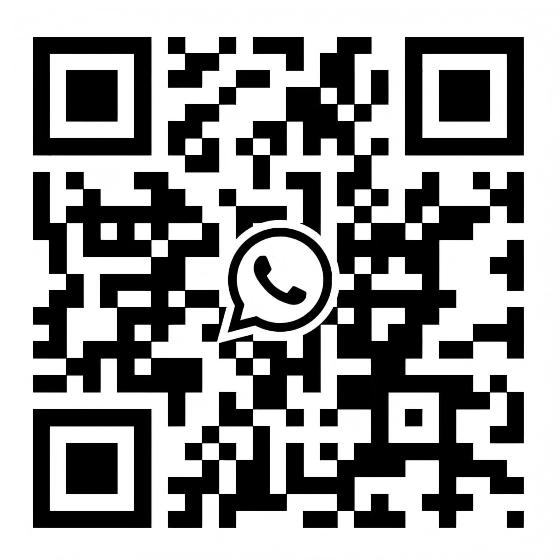Navigating Nicotine Products and Air Travel
When it comes to air travel, we all know that smoking on planes is strictly prohibited. But what about other nicotine-containing products? If you're traveling abroad for work or leisure, it's crucial to understand what you can bring along and how to store these items during the flight.
Let's start with snus, also known as nicotine pouches. These often cause confusion as they are smokeless yet are sometimes grouped with cigarettes and vape kits. This article aims to clarify the rules regarding flying with nicotine products. Read on to find out if you can take snus on a plane, how to store it, and whether it can be used mid-flight.
What exactly is snus? Snus is a smoke-free nicotine product that is commonly used as an alternative to cigarettes and vape kits. It comes in the form of a pouch that is placed under the upper lip to release nicotine and is available in a variety of flavors. Many of these pouches are tobacco-free.
Can you bring snus on a plane? Nicotine pouches are completely smoke-free and unobtrusive, so generally, there are no restrictions on bringing them on a commercial flight. They can be safely stored in your checked or carry-on luggage. Additionally, there's no reason why you can't use snus on a plane as you would in other places, as long as you are discreet and respectful of other passengers and dispose of it properly after use. However, it's important to consult the regulations of your specific airline before flying. Some airlines may have general rules regarding tobacco products. If your nicotine pouches contain tobacco, make sure to follow the correct procedures.
What about taking snus abroad? While nicotine pouches may be allowed on a plane, it's essential to note that different countries have their own rules and restrictions regarding these products. If your nicotine pouches contain tobacco, many countries have customs laws that limit the amount of tobacco that can be brought into the country or require passengers to pay an import tax. For instance, in Mexico, passengers over 18 can bring up to 200 grams of tobacco without being taxed. In contrast, Iceland prohibits all smokeless tobacco products. In some countries like Norway, even tobacco-free nicotine pouches are not allowed to enter. Therefore, it's crucial to check both the airline's policy and the customs laws of the country you're visiting.
Now, let's consider other nicotine products. Snus is generally permitted on planes but is subject to airline policies and the laws of your destination country. But what about cigarettes and e-cigarettes?
Cigarettes: Smoking on planes has been illegal for many years. However, you can still carry cigarettes in your carry-on or checked luggage. Smoking is not allowed in the airport unless there is a designated smoking lounge, and of course, not during the flight. Just like with nicotine pouches, be aware of the laws of the country you're traveling to. Most nations have regulations regarding the quantity of tobacco products that can be imported. For example, the UK allows passengers to bring up to 200 cigarettes into the country at a time.
E-cigarettes: Since e-cigarettes are a relatively recent development, the rules for flying with them are constantly changing. It's always a good idea to check the airline's policy before your flight. Generally, e-cigarettes and vape kits can be carried in your carry-on luggage but cannot be used on the plane or in the airport. They are subject to the same airport restrictions as liquids and electronic items. During security screenings, the battery must be charged and placed with other liquids in a clear plastic bag. Charging them during the flight is not allowed, and these devices cannot be stored in checked luggage. While many countries allow you to travel with an e-cigarette, some nations like Qatar completely prohibit their import.
Lighters: In general, air passengers are allowed to bring one lighter in their carry-on luggage. It must not be used during the flight and should be kept in a clear plastic bag when going through airport security screenings. A box of safety matches is also permitted.
In conclusion, there is no one-size-fits-all guidance when it comes to taking snus, nicotine pouches, and other products on a plane. It's essential for all air passengers to check their airline's regulations and the import laws of the country they're traveling to. Failure to follow the correct procedures could result in your nicotine products being confiscated by airport security or you having to pay a fine to customs. As a general rule, users of nicotine pouches, cigarettes, and vape kits should remember the following: Nicotine pouches are allowed on planes but may be subject to tobacco import laws in certain countries. Nicotine pouches can be used on planes as they are smokeless and unobtrusive. E-cigarettes and vape kits can generally be stored in carry-on luggage but are subject to the same restrictions as liquids and electronic items. Cigarettes can be brought on board in carry-on luggage but smoking is not allowed in mid-air or in the airport. The rules and regulations are constantly evolving, especially with the creation of new devices and nicotine products. The key is to stay informed about these changes and be cautious about breaking the law when traveling overseas. Have a safe trip!

